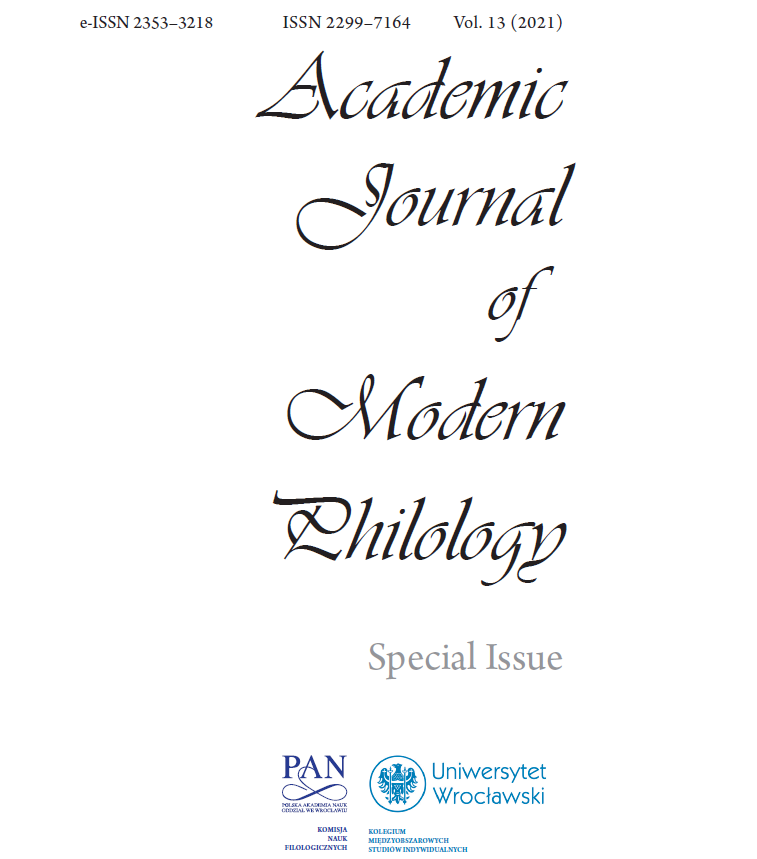Terminology, Stars and (Exo)Planets
Terminology, Stars and (Exo)Planets
Author(s): Adam RenwickSubject(s): Language studies, Language and Literature Studies, Lexis, Philology
Published by: Komisja Nauk Filologicznych Oddziału Polskiej Akademii Nauk we Wrocławiu
Keywords: terminology; lexicography; terminological variation; astronomy; exoplanets; LSP
Summary/Abstract: This contribution examines the formation, evolution and use of terms in astronomy. The term planet is discussed in detail through the analysis of specialized contemporary sources, with focus on how the discoveries of Neptune, Uranus and Pluto changed the meaning of planet. Consideration is also given to other bodies originally classified as planets, illustrating a repeating pattern of scientific advancement blurring the boundaries of what planet denotes before linguistic and terminological usage adapts to reflect scientific understanding. Further consideration is given to the qualifier dwarf in denoting bodies both too small and too large to be classified as planets, which constitutes a modern blurring of the lines of planethood in the field of exoplanetology. Through the analysis of three leading astronomical journals, it is shown that despite the lack of a centralised authority actively regulating terminology, the prototype term Hot Jupiter has engendered new series of terms using differing terminological and conceptual regimes to prioritize different characteristics of exoplanets, allowing for efficient communication in specialised and general discourse
Journal: Academic Journal of Modern Philology
- Issue Year: 2021
- Issue No: 13
- Page Range: 265-274
- Page Count: 10
- Language: English

